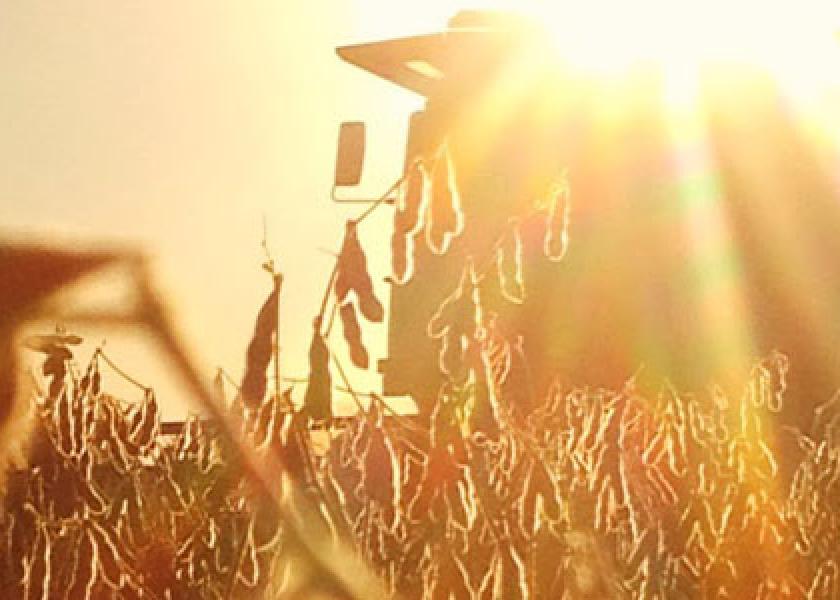How to Manage On-Farm Stress in the Coming Busy Season

The trees and grass in the Midwest continue to maintain their bright shades of green. But, before long, the leaves will begin to turn brown and make their way to the ground. Any seasoned Midwesterner knows this as a signal of the approaching harvest season.
Harvest brings about many stressors for farmers. Rain delays, machinery malfunctions, and a yearning for on-farm help are just a few of the many thoughts on the forefront of a row-crop farmer’s brain. To better understand our concerns in hopes of harnessing the power to manage them, AgriTalk host Chip Flory sat down with Ted Matthews from farmcounseling.org.
Matthews explains recognition is the first step to understanding how to manage any stress in life.
“First, you need to say to yourself it [harvest] is stressful. So, what are you going to do with your stress, rather than say ‘Oh well?’ If that’s how you got your equipment ready, you’d still be harvesting in December.”
Relationships, according to Matthews, are a key component to running a smooth operation in any season. Whether it’s the relationship with your spouse or the relationship with your grain hauler, Matthews suggests being hyperaware of your communication styles in any busy season.
“You know, the number one time to do marriage counseling with farmers is right after harvest because they’re nasty. And yes, we understand that with stress you get angry and say things, but you need to remember the things you say can really hurt someone’s feelings. Even though you and your spouse both understand that harvest is stressful, it still hurts your partners feelings and they’re going to hold onto that, so beware of it.”
With a variety of variables in the agricultural industry, Matthews shares a good share of farmers seek control. However, the recommended approach is to keep your focus on what you can change.
“Understand that sleep deprivation, stress and anxiety are all natural things that go along with being a farmer. You have to figure out what you can control and learn not to focus on all the things you have no control over,” Matthews says. “When you have corn with too much moisture, you have to wait—and that drives farmers crazy. Well, driving you crazy or not driving you crazy, you have to wait. The more you can understand and accept the things that you have no control over, the better you’ll be able to control things you do have control over.”
Matthews told Flory many farmers seek a form of self-medication to ease on-farm stressors. According to the counselor, repercussions from these habits can radiate throughout your family, as well as your operation.
“If I’m really needing to self-medicate, I need to identify that. And the people around me need to identify that too, because that’s not an honest reality. We need to look at mental health a lot more like we look at all other things in our life. Are you a better farmer when you self-medicate? Be aware and be honest with yourself to ask if this is making problems for your family and farm.”
Sleep deprivation is a large obstacle for many farmers in both spring and fall. Matthews says it’s easy to cast judgement on yourself for getting too much sleep or not enough, but there is a solution.
“I often ask farmers how many hours of sleep they need each night, and I always say ‘need’. Some say five, some say eight. But when harvest time comes, why do you think that changes? Sure, you still need that initial amount, and if you don’t get it, it’s going to be a lot harder for you to function. The person you’re working alongside, if they require fewer hours of sleep, then you’re obviously going to have a lot more difficulty functioning compared to them,” Matthews told Flory. “Farmers, when they hear that four-letter word, it drives them crazy. You know, if you want to call a farmer lazy, you might as well just slap him upside the head because that’s exactly what it feels like. So, before harvest, you have to build that into your plan; you have to establish what you need, fill in the blank, and go from there.”
To hear more from Ted Matthews, visit his website: https://www.farmcounseling.org
Listen to the full conversation on AgriTalk below:







